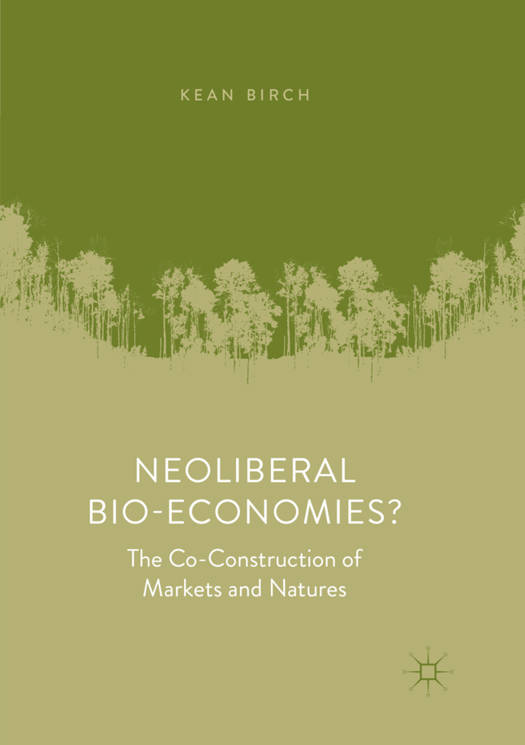
Door een staking bij bpost kan je online bestelling op dit moment iets langer onderweg zijn dan voorzien. Dringend iets nodig? Onze winkels ontvangen jou met open armen!
- Afhalen na 1 uur in een winkel met voorraad
- Gratis thuislevering in België vanaf € 30
- Ruim aanbod met 7 miljoen producten
Door een staking bij bpost kan je online bestelling op dit moment iets langer onderweg zijn dan voorzien. Dringend iets nodig? Onze winkels ontvangen jou met open armen!
- Afhalen na 1 uur in een winkel met voorraad
- Gratis thuislevering in België vanaf € 30
- Ruim aanbod met 7 miljoen producten
Zoeken
€ 73,95
+ 147 punten
Uitvoering
Omschrijving
In this book, Kean Birch analyses the co-construction of markets and natures in the emerging bio-economy as a policy response to global environmental change. The bio-economy is an economic system characterized by the use of plants and other biological materials rather than fossil fuels to produce energy, chemicals, and societal goods. Over the last decade or so, numerous countries around the world have developed bio-economy strategies as a potential transition pathway to a low-carbon future. Whether this is achievable or not remains an open question, one which this book seeks to answer. In addressing this question, Kean Birch draws on over ten years of research on the bio-economy around the world, but especially in North America. He examines what kinds of markets and natures are being imagined and constructed in the pursuit of the bio-economy, and problematizes the idea that this is being driven by neoliberalism and the neoliberalization of nature(s).
Specificaties
Betrokkenen
- Auteur(s):
- Uitgeverij:
Inhoud
- Aantal bladzijden:
- 208
- Taal:
- Engels
Eigenschappen
- Productcode (EAN):
- 9783030082512
- Verschijningsdatum:
- 20/12/2018
- Uitvoering:
- Paperback
- Formaat:
- Trade paperback (VS)
- Afmetingen:
- 148 mm x 210 mm
- Gewicht:
- 276 g

Alleen bij Standaard Boekhandel
+ 147 punten op je klantenkaart van Standaard Boekhandel
Beoordelingen
We publiceren alleen reviews die voldoen aan de voorwaarden voor reviews. Bekijk onze voorwaarden voor reviews.











